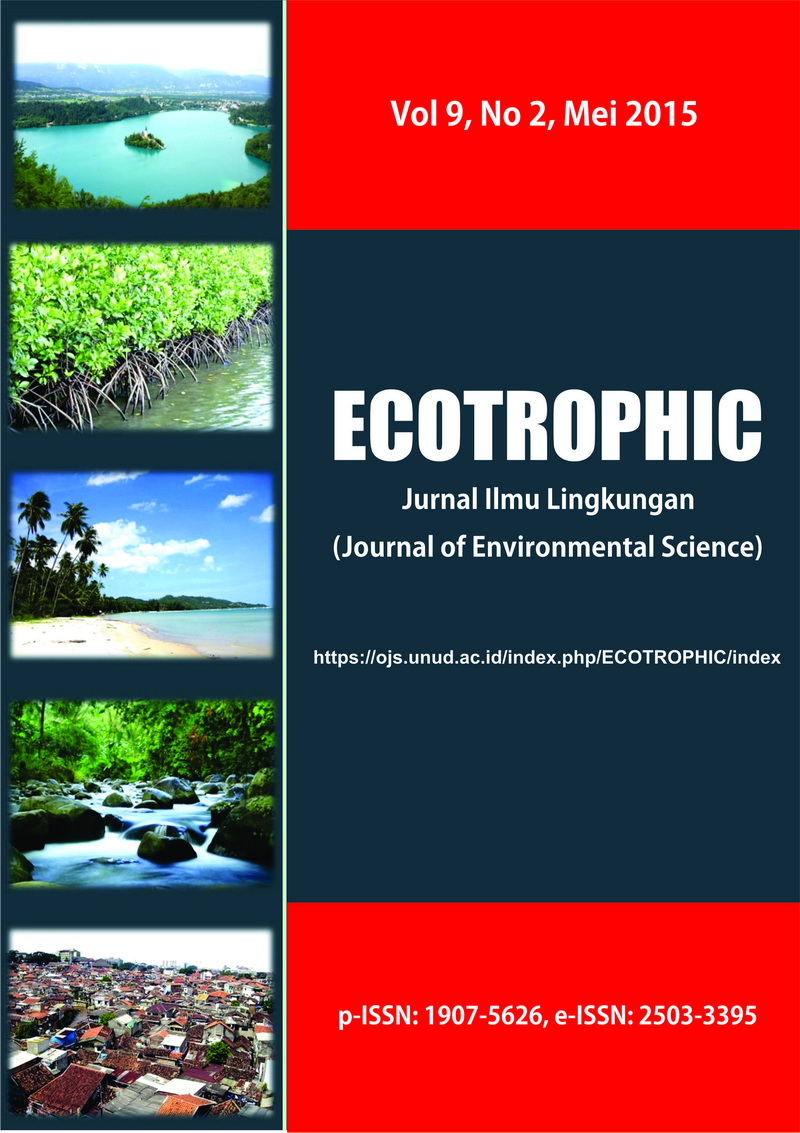PENGELOLAAN LINGKUNGAN HOTEL BERBASIS TRI HITA KARANA DI KAWASAN PARIWISATA SANUR
Abstract
In the rapid development process, environmental problem has currently become a global issue. Natural environment is very important for people as the subject to development. The protest, friction, and conflict that are now happening in the development process is being caused by the people feel pushed in terms of social, economic, as well as environmental aspects. Some expert said that the development of hotels in Bali have been destroyed the enviroment. It should be noted that the development in Bali is hoped has currently been stressed in harmony. This is reflected in a Vision of Bali Development 2006-2026, that is: towards Bali Dwipa Jaya based on Tri Hita Karana. Its essence is the development of Bali expected to lead to the prosperity and welfare of the community. In the process for that purpose, however, should be based on the principles of harmony and togetherness, according nature of the concept of Tri Hita Karana (THK). Therefore, it is needed a research on environmental management based on THK in the hotels in Bali, including hotels within Sanur area. The implementation of THK will get harmony at subak, traditional villege, and hotels. The main objectives of this study are: developing criteria for the hotels based on THK, and to know the level of THK application in hotels within Sanur tourism region. Location of study was determined by purposive way. All hotels listed in Sanur Tourism Regions were selected as research subject. It means that it is done a census method. The respondents of the study are the management of each hotel. It was found that, the indicator of hotels based on THK could be seen from the three elements, namely parhyangan, pawongan, and palemahan. The elements of parhyangan indicator are: the existence of the temple in the hotel; management of the temple; implementation of ritual ceremony in the temple; maintenance of the temple; implementation of religious speech; and provide assistances to the temples in the vicinity of the hotel. Elements of pawongan indicator are: the harmony between the management and employees; presence of Letter of Working Agreement; harmony between the hotel and surrounding communities; and the number of employees supporting the local culture (Bali). Elements of palemahan inicator are: Green Open Space (RTH); garden park in the hotel area; wastewater management; waste management; emissions management; environmental management; Toxic Hazardous Materials management (B3); construction with typical Balinese; and utilization of CSR for greening activities. The score of THK application on hotels within Sanur Tourism Region is 79.2% (good). The application of each element of THK shown that parhyangan element score is 78.7% (good), pawongan element score is 87% (very good), and the palemahan element score is 73.6% (good). The criteria of good implementation of THK at the hotels, indicate through good implementation of all elements of THK and also the score of THK must also at good category. The indicator of hotel based on THK could be likely developed in the future, and continued to be tested in wider tourism areas, in order to get a standard criterion. Therefore, it will be used as a fundamental guide in assessing the application of THK in the hotels scattered in Bali, and possibly also in Indonesia. Meanwhile, the very high score of application of THK is only found in pawongan element. It thus the all element of THK should be developed in order to improve the environmental management of the hotel in Sanur Tourism Region.


